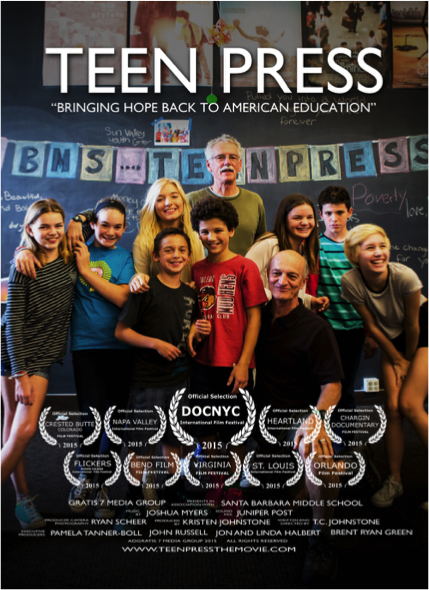I recently had the opportunity to attend my first Qualitative Researcher Consultants Association (QRCA) annual conference. I don’t typically consider myself the conference type but I thought this would be a great opportunity to meet people in our industry and learn about the hottest trends. In these situations I usually find myself being overly skeptical thinking I won’t learn as much as I hope to or make connections that will be beneficial to our business. The fact that my boss (April) was also attending made me feel slightly better about sitting in a room full of strangers that I would soon need to be friends with.
The primary purpose of me attending the conference was to assist April as she gave a presentation to her peers; however, I ended up walking away feeling like I got much more value out of the experience than I expected. April’s presentation (A Framework That Works: Design Thinking + Montessori Principles to Elevate Your Practice) went off without a hitch – which immediately made months of hard work seem like one of the most rewarding tasks we completed last year. You never know how people will react to new material and the moment you see the excitement and passion in the faces, it makes it worth every revision we made.
What surprised me most about April’s presentation was how engaged the participants were. When you’ve been reviewing the content for 5+ months leading up to the conference, it’s easy to forget that this content is new for most viewers. During the presentation, she conducted a Design Thinking exercise that required participants to partner up and “build” a prototype of their idea. I was amazed at how serious some took this exercise but loved their willingness to engage with a stranger as they learned about the Design Thinking process. I think it made the awkward “eh, I have to work with someone I don’t know” situation fun and entertaining for most.
Another highlight of the conference was the Keynote Presentation – Teen Press: A Wild and Precious Perspective – given by John Boettner & Friends. This was an unforgettable experience that brought a unique perspective to the work we do and the world we live in. John, the Chief Enchantment Officer of Teen Press, discussed how he turned a middle school communications class into a group of teenagers interviewing some of the hottest celebrities on red carpets. Not only did they engage with celebrities (Jennifer Lawrence, Oprah, Clint Eastwood to name a few) but they also interviewed some of the most interesting living Americans (for example, the commander of the Osama Bin Laden mission, a woman who held President Obama’s hand across the bridge in Selma, and a young Rwandan who lost his hands to genocide).
Teen Press teaches kids how to listen to peoples’ stories and ask honest questions – although they’re sometimes difficult to ask and answer. By pushing the kids to conduct pre-interview research, they entered their interviews with a sense of confidence that many times shocked the respondent and made them more likely to engage. This program inspires kids to think: “if I can talk to the CEO of Patagonia, I can do anything”. John’s presentation was such a welcomed breath of fresh air in the world we’re currently living in. These kids don’t care who voted red or blue, they just want to know about people and what makes them different. The kids weren’t there to judge the interviewee, and the interviewee wasn’t there to judge the kids. They were both there to learn. These kids are so admirable for their dedication and openness to learning about others. Something I strive to do myself – in and out of research. Who knew you could learn so much from kids?
Here is a short clip on Teen Press, but if you have some extra time I highly recommend watching the full Teen Press video (~30 minutes) to get the full experience of how great these kids and this program is.
So while I still don’t consider myself the conference type, I’m so glad I attended. I walked away with a perspective I wasn’t expecting – if you go into these “uncomfortable” situations with an open mind, you are much more likely to learn more than you initially thought and meet some really interesting people. I guess sitting with strangers isn’t so bad after all.










